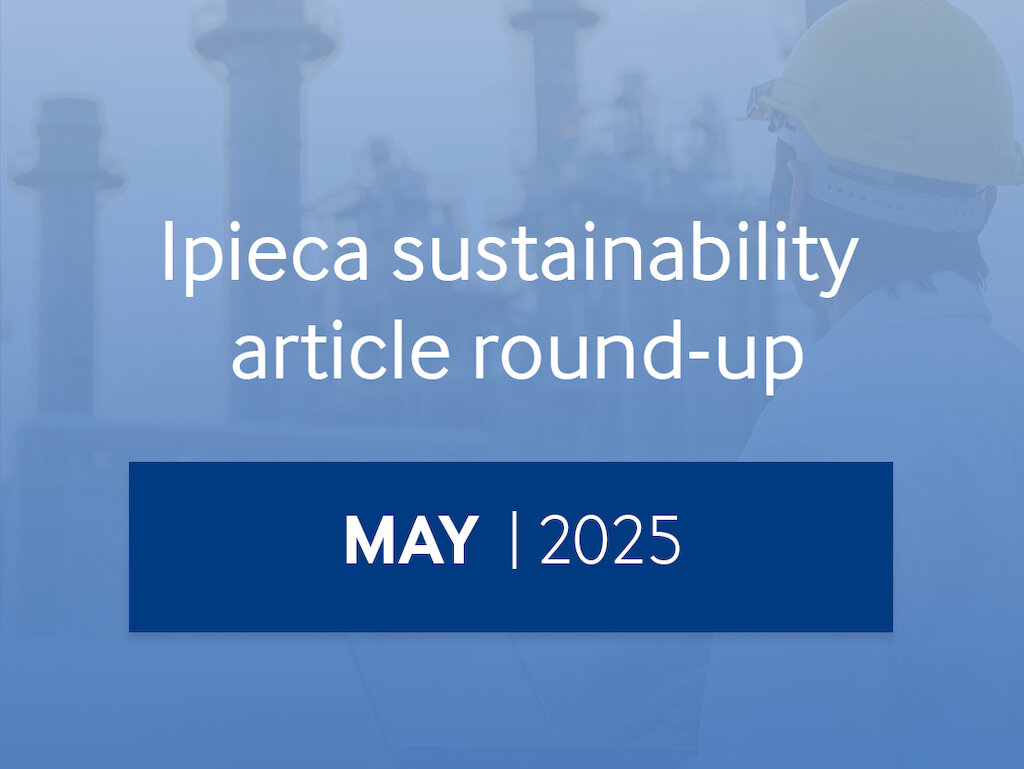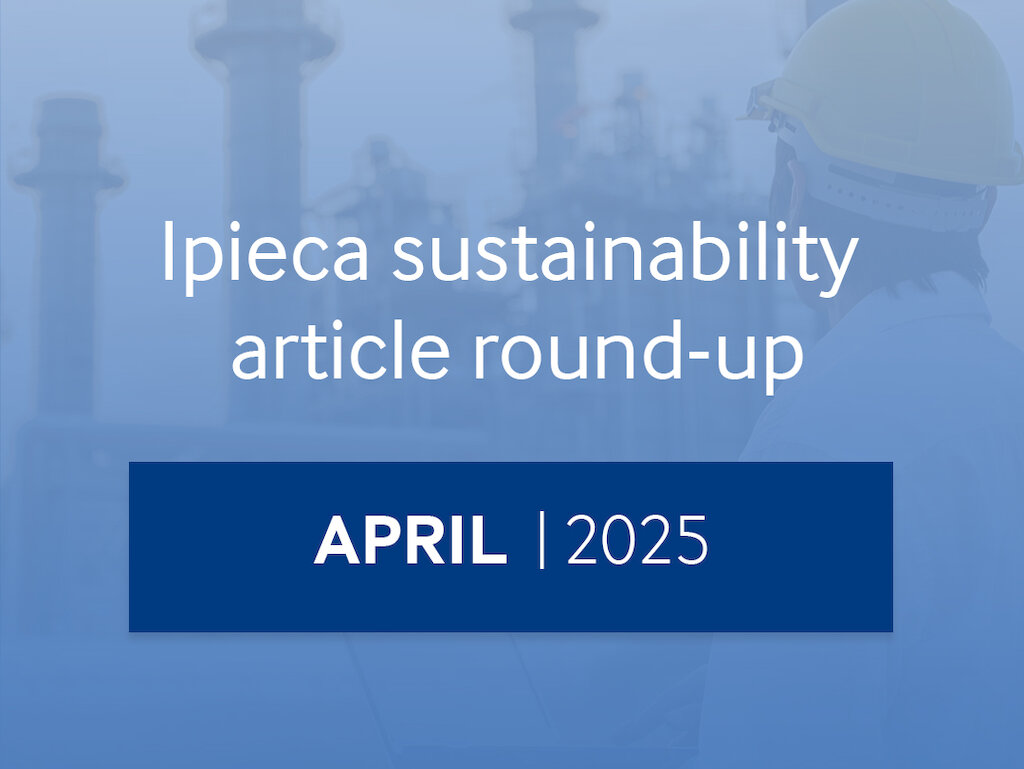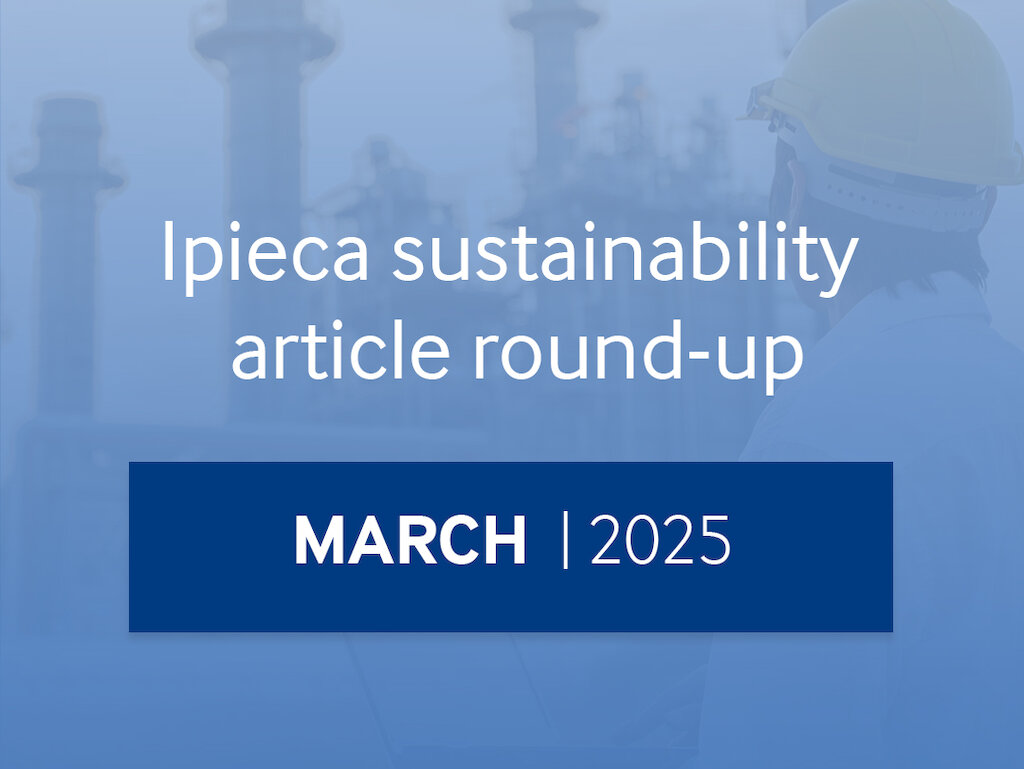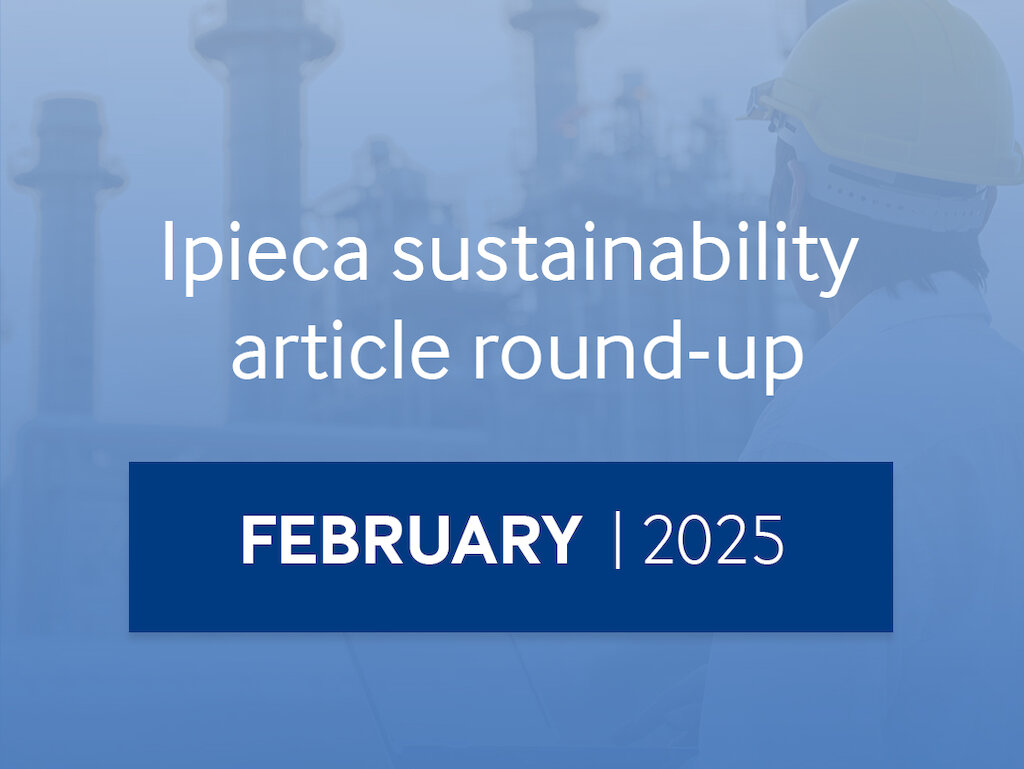The Ipieca monthly article round-up showcases recent sustainability-related achievements, projects and news from Ipieca members and organizations that Ipieca partners with, highlighting their commitment to advancing environmental and social performance across oil and gas and achieving the UN Sustainable Development Goals.
The October edition features an American Petroleum Institute (API) Q&A on ESG, Chevron's social investment in Kazakhstan, Equinor, Shell and Total's support of a sustainable shipping initiative, Total's updated biodiversity position, McDermott's development of net-zero facilities, and Repsol's role in the energy transition. We also cover OGCI's progress on emissions targets and WBCSD's take on financing energy in rural communities.
Member sustainability articles
American Petroleum Institute (API)
Q&A: Linking environmental, social and governance to strong performance
Environmental, social and governance (ESG) considerations are integral to helping companies address, report on, and improve performance on a range of sustainability issues. In this Q&A, API manager of climate and ESG policy, Dr. Aaron Padilla, discusses ESG in the context of the oil and gas industry, as well as the proactive approach and progress oil and gas companies are making on climate-related risks and opportunities.
Chevron
Chevron fuels economic development and local communities in Kazakhstan
Since becoming the first international oil company to enter Kazakhstan in 1993, Chevron has contributed US$148 billion to its economy, created thousands of jobs - 80% of which are filled by local employees - and invested in the country's education, health and social infrastructure.
Equinor, Shell and Total
Companies commit to Sea Cargo Charter framework to reach shipping decarbonization targets
Equinor, along with Ipieca members Shell and Total, joins a group of the world's largest companies to assess and disclose the emissions and climate performance of their shipping activities for the first time. The Sea Cargo Charter establishes a baseline method for assessing and reporting on climate alignment, promoting transparency and accountability in line with the UN International Maritime Organization's ambitions to reduce shipping's total annual GHG emissions by at least 50% by 2050.
McDermott
McDermott, Schneider Electric and io consulting join forces to develop net zero upstream facilities
McDermott has announced a partnership to advance the research and development of carbon-neutral facilities for the upstream oil and gas industry. The three companies will produce proof of concept, demonstrating what can be achieved with existing technology, and what new technologies will be needed to ensure the viability and sustainability of net zero facilities.
Repsol
Setting a course for net-zero: Repsol's role in the energy transition
In December 2019, Repsol made history in the oil and gas industry as the first company to commit to net-zero emissions by 2050. In this article, Repsol describes the progress it is making on the path to decarbonization, from becoming a major player in renewables, to investing in low-carbon technologies and aligning its operations with the Paris Agreement.
Total
Total extends its biodiversity ambition to coincide with the preparation of the United Nations plan for biodiversity
With the United Nations Decade on Biodiversity 2011-2020 drawing to a close and preparations underway for a new post-2020 global biodiversity framework, Total is stepping up its commitment to biodiversity. Recognising the need for a 'major change, collectively and individually', Total has extended its ambitions across four main areas: voluntary exclusion zones, new projects, existing sites, and the promotion of biodiversity.
Partner sustainability articles
Oil and Gas Climate Initiative (OGCI)
OGCI reports significant progress on methane and carbon intensity targets
OGCI has announced the 2019 aggregate performance data of its 13 members, 12 of which are also Ipieca members, demonstrating a significant reduction in collective upstream methane and carbon intensity. The results of the emissions reduction and decarbonisation efforts of OGCI members demonstrate that not only is OGCI on track to meet its 2025 ambitions, it has already surpassed its original collective upstream methane intensity target of 0.25%.
World Business Council for Sustainable Development (WBCSD)
Energy finance key to fuelling development in sub-Saharan Africa
Access to energy is key to economic development, but how do small rural businesses finance the energy they need to increase productivity? This article looks at the financing options available to community-level businesses in sub-Saharan Africa, the impact of COVID-19, and the opportunity for energy providers and investors to support organizations scale-up.
Related Ipieca resources & news
Found these articles interesting? Learn more about the topics covered through Ipieca's free good practice guidance, awareness briefings, webinars, news and blogs:
- Biodiversity and ecosystem services fundamentals
- Brian Sullivan blog: Biodiversity can't wait
- Creating successful, sustainable social investment
- Exploring low-emissions pathways: Advancing the Paris Puzzle
- Exploring low-emissions pathways for transport
- ERM explores investor expectations of oil and gas ESG reporting
- Joint Ipieca-OGCI-IOGP project to develop industry recommended practices for deploying methane detection and quantification technologies
- Sustainability reporting guidance for the oil and gas industry (4th edition)
- Webinar: McDermott case study on embedded carbon in engineering, procurement and construction projects



